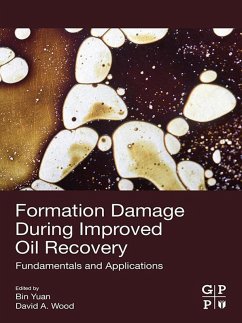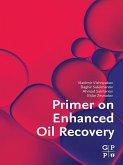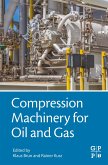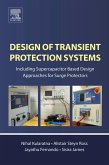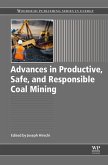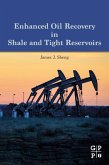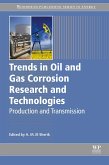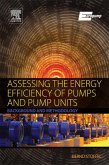Formation Damage during Improved Oil Recovery: Fundamentals and Applications bridges the gap between theoretical knowledge and field practice by presenting information on formation damage issues that arise during enhanced oil recovery. Multi-contributed technical chapters include sections on modeling and simulation, lab experiments, field case studies, and newly proposed technologies and methods that are related to formation damage during secondary and tertiary recovery processes in both conventional and unconventional reservoirs. Focusing on both the fundamental theories related to EOR and formation damage, this reference helps engineers formulate integrated and systematic designs for applying EOR processes while also considering formation damage issues.
- Presents the first complete reference addressing formation damage as a result of enhanced oil recovery
- Provides the mechanisms for formation damage issues that are coupled with EOR
- Suggests appropriate preventative actions or responses
- Delivers a structured approach on how to understand the fundamental theories, practical challenges and solutions
Dieser Download kann aus rechtlichen Gründen nur mit Rechnungsadresse in A, B, BG, CY, CZ, D, DK, EW, E, FIN, F, GR, HR, H, IRL, I, LT, L, LR, M, NL, PL, P, R, S, SLO, SK ausgeliefert werden.

